Passion, perseverance and perfection must for excellent translation, a task awaiting recognition in Nepal
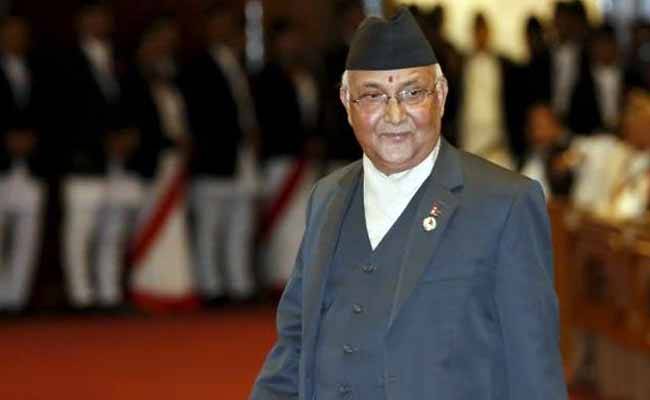
-Narayan Prasad Ghimire
KATHMANDU - When chatty political leader KP Sharma Oli speaks in a typical way, he utters such jargons that are heard like 'proverbs' (?). But it is very difficult to find exact words and phrases to translate his speech into English. Similarly, another leader Chitra Bahadur KC sometimes speaks in the way that is not easy for many to translate his sentences into English.
Such difficulty in translation might be a common – a day to day - problem especially in the translation and editing desk of Nepali media, not to mention the translation of technical jargons which lack equivalent words. As a result, the translators and editors have no option but to 'escape' by resorting to the connotative meaning of the text/speech.
Mea culpa (?): when I sat to write a news commentary last time, I quoted Pradeep Giri's view in Nepali- Bam Ekata: Prachanda ko akhiri chamatkar and translated it as 'Left Unity: Prachanda's final miracle'.
As I pondered later, I could have written- 'Swan song of Prachanda' instead of final miracle. The debate for it is however open.
Visiting the Kathmandu market, one can easily find several books of different genre translated from various languages into Nepali. But there is no agency, academy or department responsible in Nepal to assess and monitor the quality of the translated books. There is neither an exact data of the translated books nor its further categories and features.
Despite this, Professor Dr Govinda Bhattarai, who did his specialization in translation, said the number of translators in Nepal may be equal to the number of writers. "Some are both writers and translators," he added.
According to him, the quality of the most of the translated text is poor. Bearing in mind the importance of translation to boost Nepali language and literature across the globe, he is preparing a Translators' Profile, which he believes, would pave a way to recognize translators. As per his record, the number of translators (from Nepali to others, and vice versa) stands around 500 in Nepal. The Professor however said the number could be increased.
In this connection, a noted Nepali writing in English language, Manjushree Thapa, rendered a book by eminent Nepali writer Indra Bahadur Rai- Aja Ramita Chha, into English which hit the book stands in the Kathmandu market Friday evening. She has given the title of the translated book- 'There's a Carnival Today'.
Needless to say, translation of Nepali books into English undoubtedly helps to globalize Nepali literature. In the translated book There's a Carnival Today, translator Thapa, not only shares why she was attracted to translating this book but also how she accomplished the task and what sort of problems as in specific words she faced.
"My own hope, of course, is that this translation of Aaja Ramita Chha will allow Indian readers to discover one of the finest writers of their country, and to immerse themselves in this thoughtful, loving and occasionally anguished view into Darjeeling," she mentioned her hope this way.
About the tone and accuracy, she adds, "There's a Carnival Today does not capture the wry tone of Aaja Ramita Chha, which deploys the word "ramita"- a combination of fair, a show, a spectacle or some fun- ironically. It is a well-known truism that much is lost in translation."
Speaking to a national daily, she revealed how she managed the repeated word in the novel- "Throughout the word, the word 'Nathey' is used. If I used the literal meaning- nose hair- it would be too comical and lose the author's intention. I settled with the word 'pathetic' which I think gets the meaning across."
Although much is lost in translation, it is not a common, easy task at all. Excellence in both source and receiving languages, good understanding of the socio-political and cultural context of the text, frequent interactions with the writer and study of his/her milieu is imperative to ensure near 'nearness' to the intended meaning of the first language.
When Prof Dr Bhattarai was inquired whether any agency was looking after this area, he strongly demanded that the Government immediately took an initiative to recognize the role of language and literature by setting up award to the translators. Award for translators helps thriving translation environment, according to him.
He however said first the translators should be recognized, the quantity should be increased and then comes the quality.
Reminding the view of Mahakavi Devkota that Nepali literature was lagging behind because of the lack of its translation into other languages, Prof Dr Bhattarai underscores the need of translation to revive the old texts and protect and promote Nepal's languages.
He wished the Pramithas, the Ghamka Pailaharu, and the Madhavi got translated into English.
It is said the Seto Bagh is translated into many languages. Similarly, the Sirishko Phool is learnt to have been taught in foreign universities.
Worth here to share, while launching a book 'Shanta', prominent culture expert Satya Mohan Joshi, suggested its writer Purushottam Dahal to translate it into English by incorporating some mythological references of organ donation. The book is an account of a Nepali woman donating liver.
Conclusively, as the writers shared the translation is a long process that needs passion and perseverance to ensure perfection. Many Nepali books are awaiting translation into various languages. Worrying is the fact - when do government and related agencies as Nepal Academy and universities recognize the value of translation and take meaningful steps to globalize Nepali languages by rising above political interests and biasness.


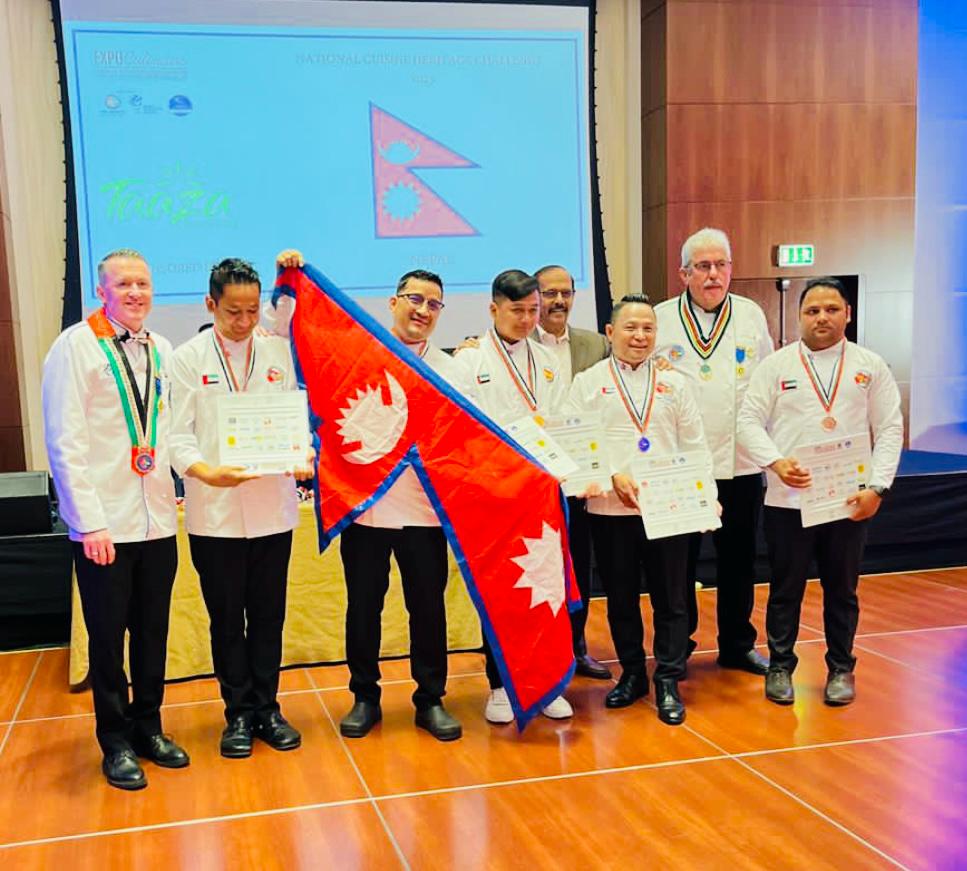
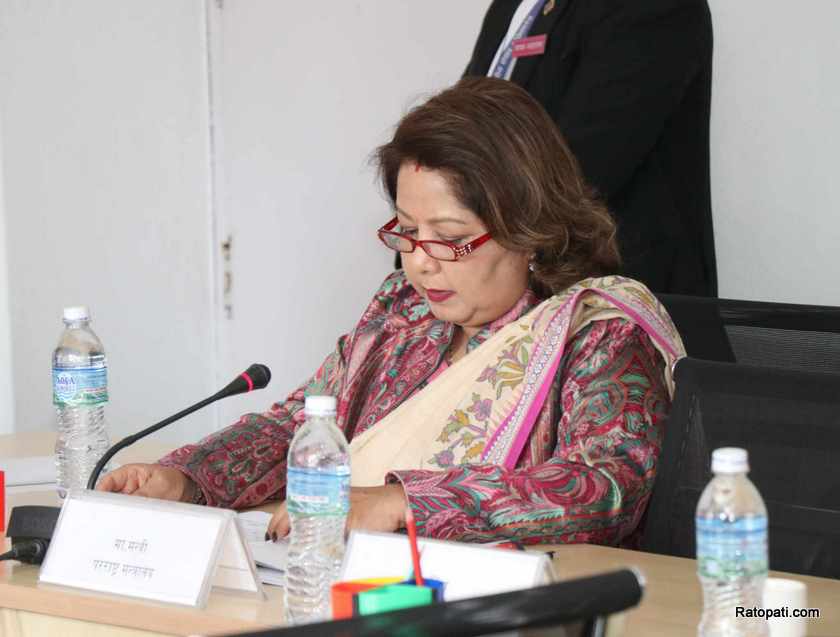


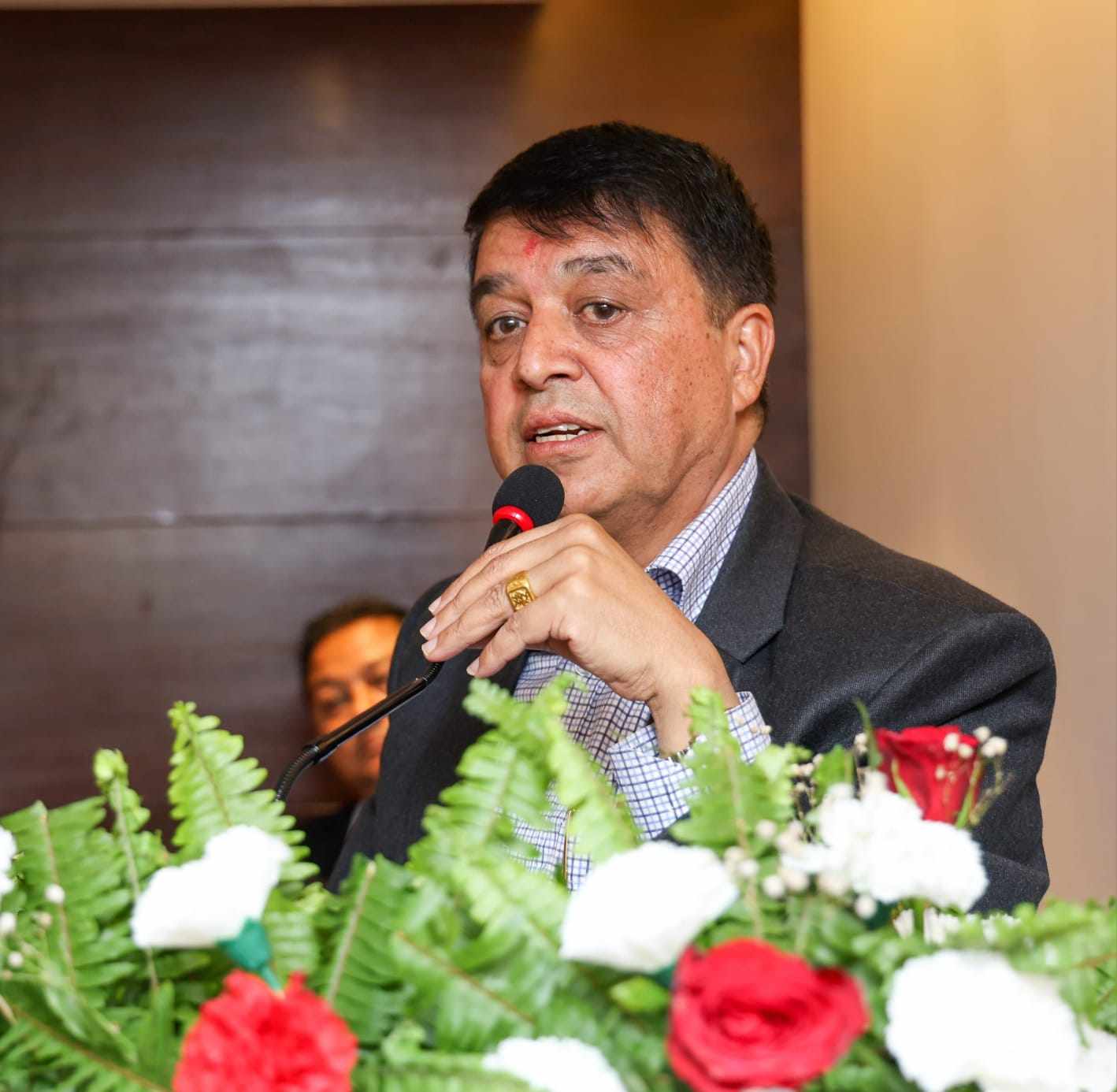
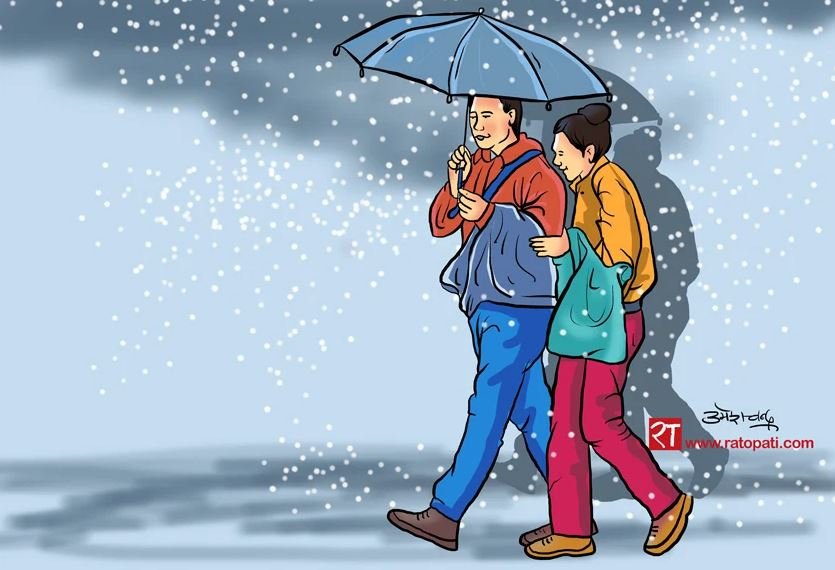

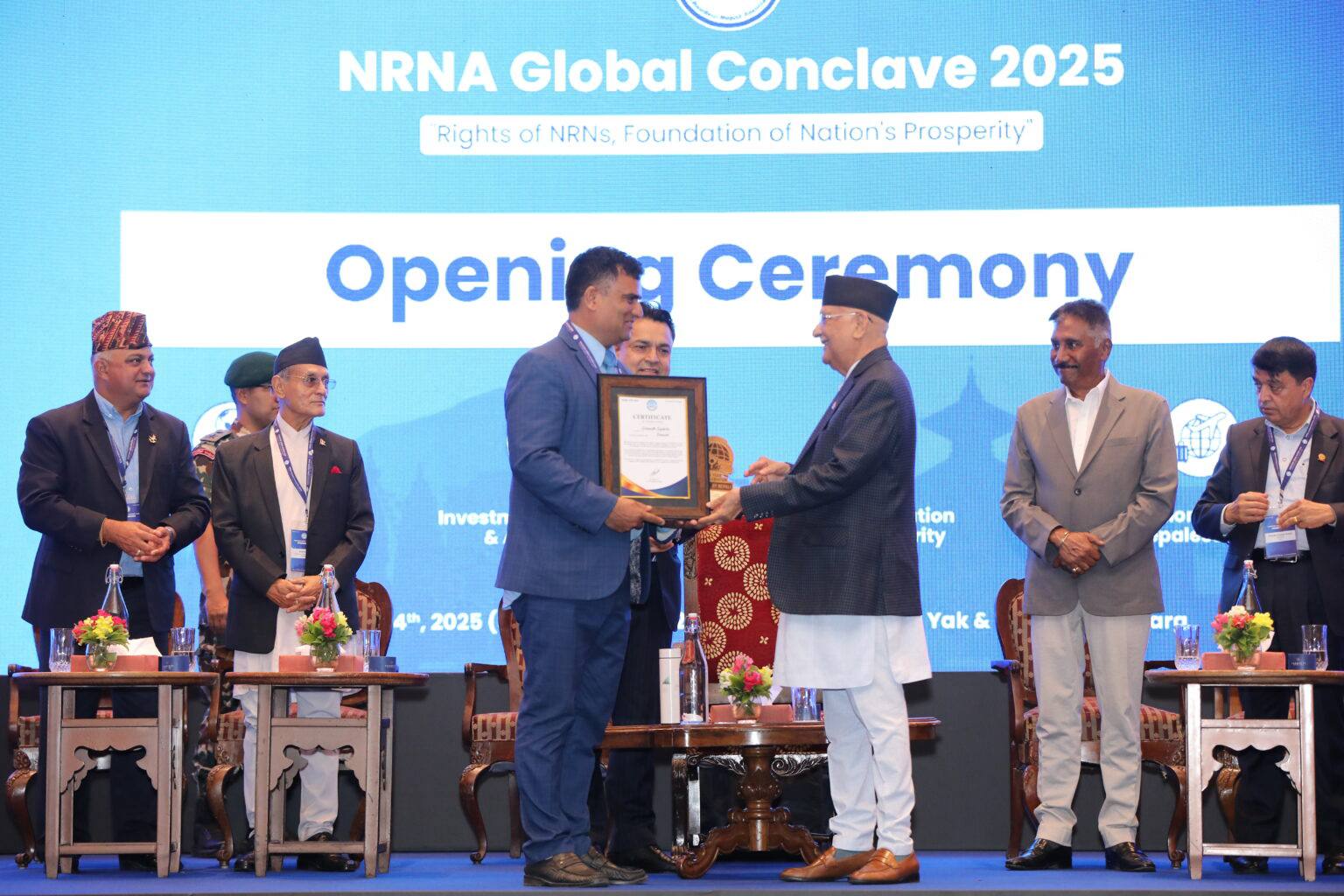
Leave Comment